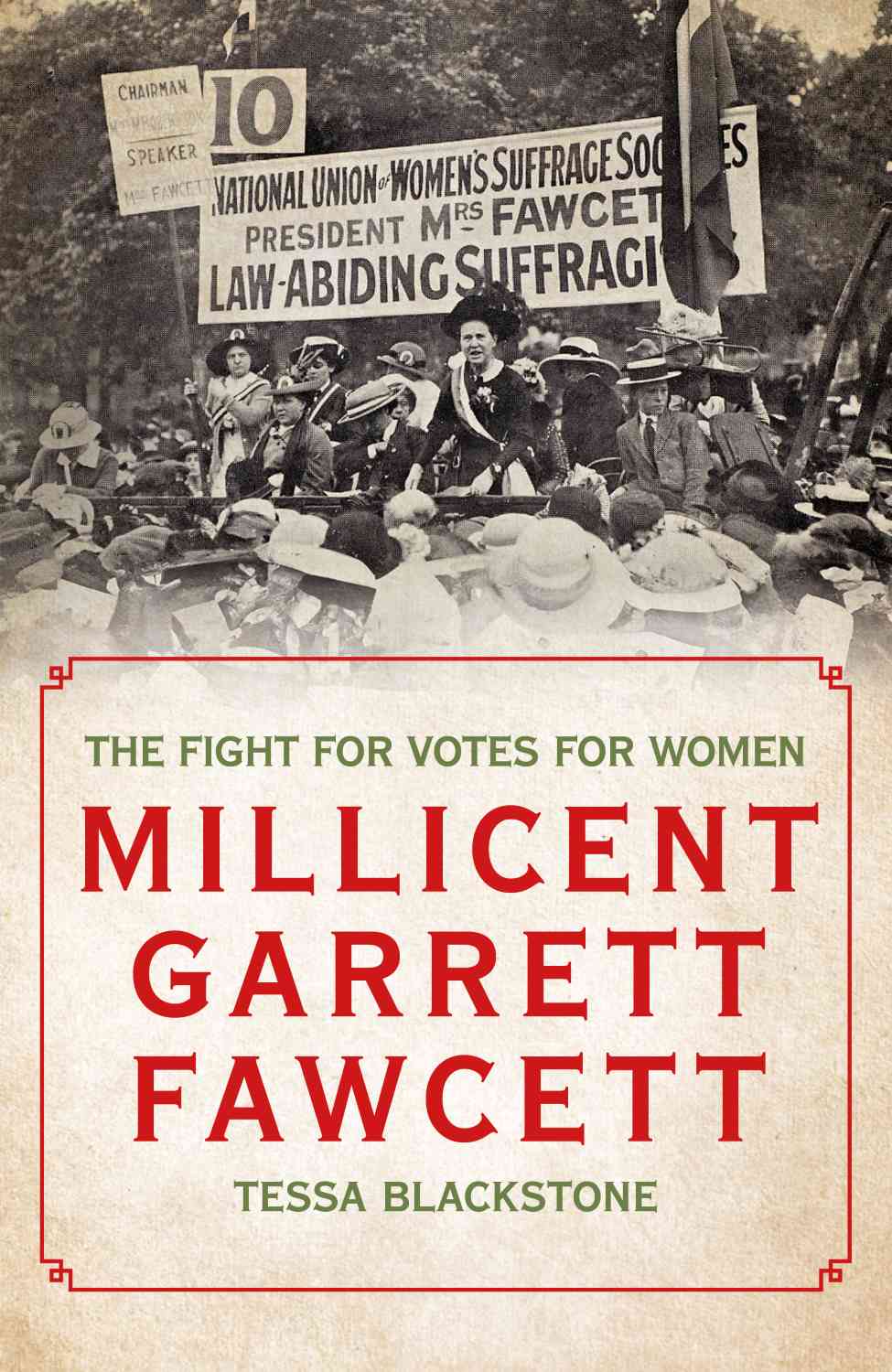'Compelling': Naushabah Khan reviews 'Millicent Garrett Fawcett: The Fight for Votes for Women'
1872: Millicent Garrett Fawcett with her husband, Henry Fawcett, painted by Ford Madox Brown | Image by: PRISMA ARCHIVO / Alamy Stock Photo
3 min read
Without shying away from addressing Millicent Fawcett’s personal limitations, Baroness Blackstone has delivered a vivid and illuminating exploration of the life of one of Britain’s most influential suffragists
Tessa Blackstone’s biography of Millicent Garrett Fawcett offers an engrossing and insightful portrait of one of Britain’s most influential suffragists. Historical narrative often focuses on the suffragette movement, at times overlooking the importance of suffragists in securing women the right to vote.
This biography plays a vital role in bridging that gap and brings to life the remarkable story of Millicent Fawcett, who tirelessly campaigned for women’s right to vote, while also contributing to debates on education, ethics and equality. Blackstone succeeds in not only chronicling Fawcett’s public achievements but also painting a vivid picture of her personal life, motivations and enduring legacy.
There is exploration of Fawcett’s early life in Aldeburgh, Suffolk, where she was born in 1847 into a progressive and intellectually vibrant family. The book highlights the significance of Millicent’s elder sister, Elizabeth Garrett Anderson, Britain’s first female physician, in shaping her feminist consciousness. And this familial context provides a helpful backdrop for understanding how Fawcett developed her lifelong passion for advancing women’s rights.
Fawcett’s pragmatic approach to activism is a strong focus of the book
One of the strengths of Blackstone’s narrative is her ability to balance Fawcett’s personal and public personas. While the book delves into her marriage to Henry Fawcett, a blind Liberal politician and economist, it avoids reducing Millicent’s identity to that of a wife and mother. Instead, the emphasis is on the mutual respect and intellectual partnership in their relationship, which allowed Millicent to flourish as a political thinker and activist. When Henry died in 1884, Fawcett did not retreat into obscurity but instead intensified her involvement in the women’s suffrage movement.
The core of the biography focuses on Fawcett’s leadership of the National Union of Women’s Suffrage Societies. Fawcett’s pragmatic approach to activism is a strong focus of the book, and this is clearly contrasted with the more militant tactics of the Pankhursts and the Women’s Social and Political Union. Her commitment to non-violent, constitutional methods is presented as a strength, underscoring her belief in winning public and political support through persuasion rather than confrontation.
The author also examines the internal divisions within the suffrage movement, revealing Fawcett’s diplomatic skills in maintaining unity among diverse factions.
 Blackstone’s writing is particularly compelling when describing Fawcett’s role in achieving partial suffrage for women in 1918 and full equality in 1928. These victories, achieved after decades of perseverance, are portrayed as the culmination of her life’s work. However, the book does not shy away from addressing Fawcett’s limitations, including her class biases and selective focus on issues that primarily affected middle-class women.
Blackstone’s writing is particularly compelling when describing Fawcett’s role in achieving partial suffrage for women in 1918 and full equality in 1928. These victories, achieved after decades of perseverance, are portrayed as the culmination of her life’s work. However, the book does not shy away from addressing Fawcett’s limitations, including her class biases and selective focus on issues that primarily affected middle-class women.
The biography highlights Fawcett’s other contributions too, including her advocacy for girls’ education and her work investigating the treatment of women in British concentration camps during the Boer war. These lesser-known aspects of her career, which I was curious to learn about, enrich the narrative, demonstrating the breadth of her commitment to justice and equality.
Millicent Garrett Fawcett by Tessa Blackstone is an engaging biography of a pioneering figure in British history. By shining a light on Fawcett’s unwavering dedication to women’s suffrage and social reform, it offers a timely reminder of the power of persistence and principle in the face of systemic inequality.
Naushabah Khan is Labour MP for Gillingham & Rainham and a former trustee of the Fawcett Society
Millicent Garrett Fawcett: The Fight for Votes for Women
By: Tessa Blackstone
Publisher: Biteback
